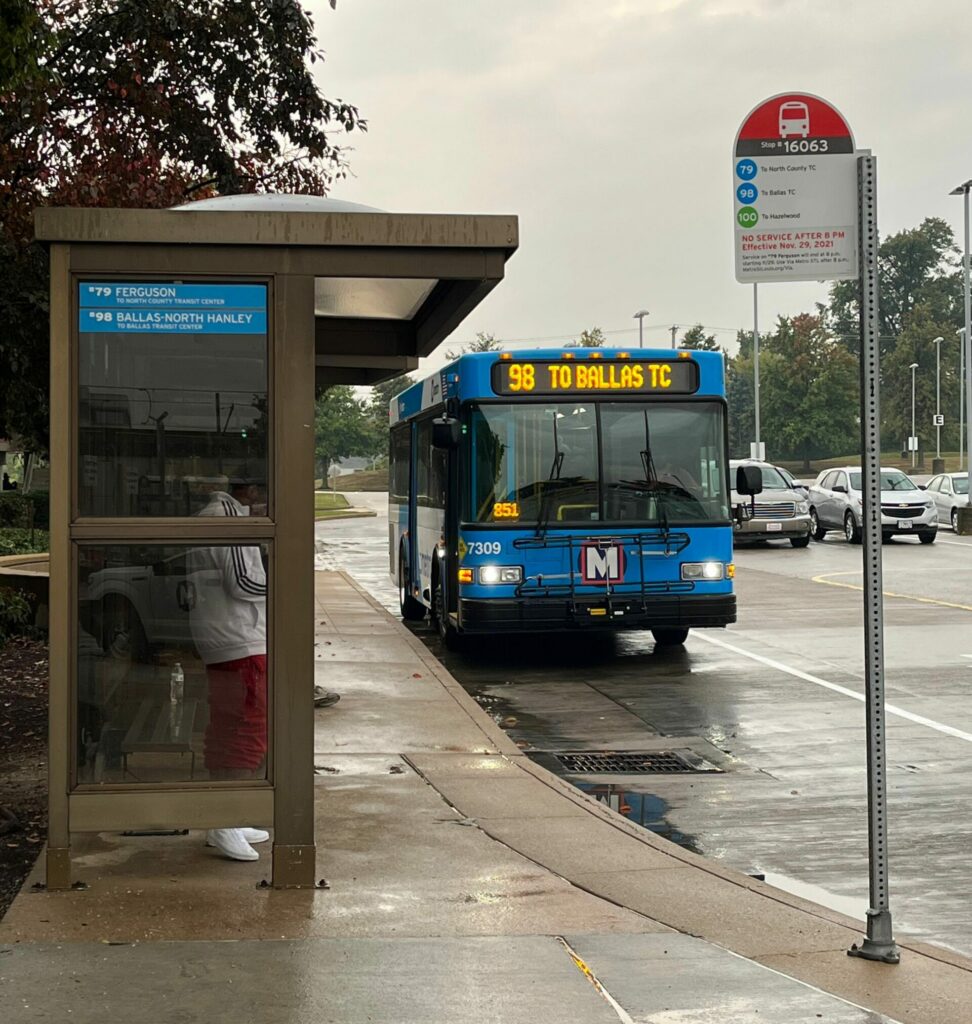It will come as no surprise most Americans own or have access to a personal vehicle. What may be a surprise is how your health can be impacted if you do not own or have access to a vehicle.
In 2022, the National Center for Health Statistics performed a National Health Interview Survey which revealed that 5.7% of adults in the U.S. lacked reliable transportation. Analyzing the data on a region-by-region basis reveals that number is even higher for those living in the West North Central region, which includes Missouri. In that region, the percentage is 7.5% of adults who do not have access to reliable transportation.
In an article recently published on the Hub, a media platform used by Johns Hopkins to publish research and news, Megan Latshaw, associate professor in the Department of Environmental Health and Engineering at the Johns Hopkins Bloomberg School of Public Health, expands on the overlap between health and transportation access, with a focus on Baltimore, Maryland.
Latshaw reveals that access to transportation can impact a person’s life in a variety of ways. While the most obvious may be an inability or difficulty in scheduling and making it to doctor’s appointments, lack of reliable transportation can also determine whether or not someone can make it to the grocery store, to school, or to work. Limited access to a grocery store can mean an increased reliance on prepared food, which can have a negative impact on health. And when people are cut off from society, whether they are unable to attend school due to transportation issues or they are unable to work because of a lack of transportation, mental wellbeing can decrease.
“This study underscores the need for good quality, efficient public transit that provides reliable access to not only jobs, but healthcare and education. Without it, there is a direct correlation to the health of a community,” said Kimberly Cella, executive Director of CMT.
Related Reading:
Unreliable Mass Transit and American Public Health by Aleyna Rentz
CDC Report: Lack of Reliable Transportation for Daily Living Among Adults
Importance of Public Transit Access to Equitable Access to Health Care
